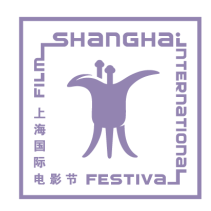SIFF MARKET | "Film & TV IP Development Conference": Inspiring Resonance Between Literature and Film
To better explore the potential of literary IPs in the film and television sectors and foster deep cooperation between the literary and cinematic industries, the 26th SIFF film market continued with the "Film & TV IP Development Conference" series on the afternoon of June 18. The event was dedicated to sharing successful experiences and innovative concepts, collectively discussing the pathways to cinematizing IPs, and building an effective platform for communication among authors, film producers, screenwriters, directors, and investors.
01
Film & TV IP Development Conference :
Introduction of Key Literary Works for Film and Television Adaptation
The Social Contact Department of the China Writers Association held a roundtable talk to recommend outstanding literary works, delve deeply into the value and significance of adapting literature for film and television, and further highlight the power of literature.

Ma Wenyun, Party Group Secretary and Full-time Vice Chairman of the Shanghai Writers’ Association, noted that Shanghai is not only the birthplace of Chinese cinema but also a major hub for modern and contemporary Chinese literature. The Shanghai Writers’ Association actively promotes the cinematization of literary works during the SIFF MARKET and STVF MARKET, actively hosting the Shanghai Literature Film and Television Venture Salon. They have already facilitated the film and television adaptation of literary works such as "Life is A Long Quiet River" and "City of the City", with the Mao Dun Literature Prize-winning "One Thousand Li of Rivers and Mountains" also in preparation. Cinema needs to draw nourishment from literature, with mutual empowerment and interaction between the two.
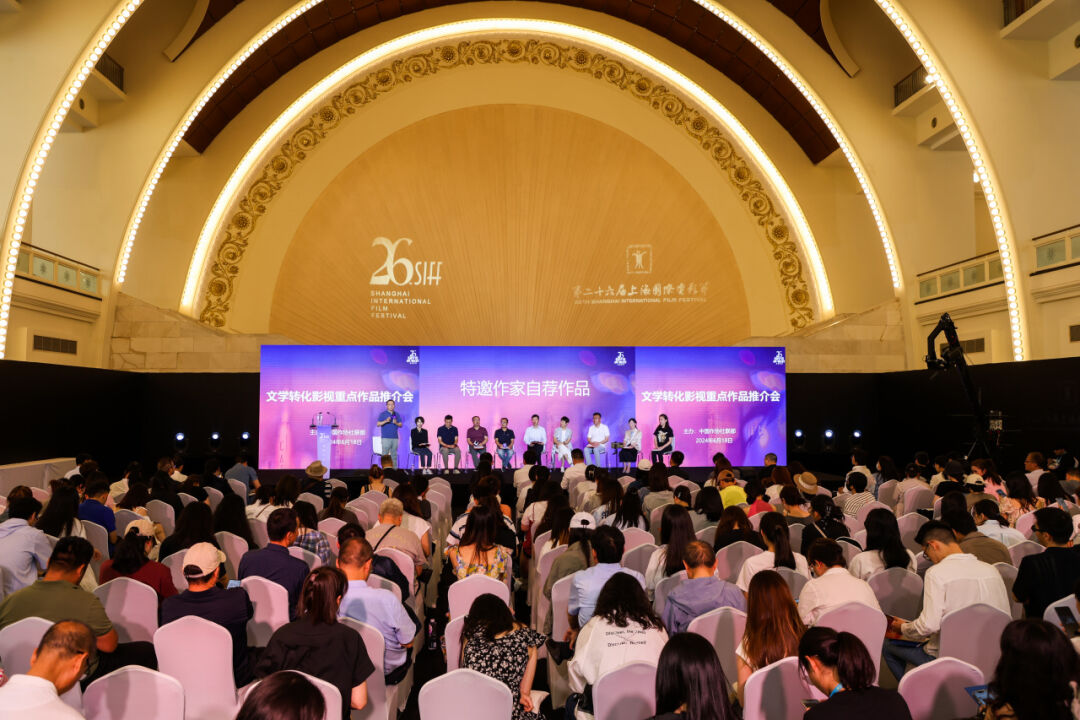
Ning Jiangsheng, Executive Vice President of the Shanghai Culture Assets and Equity Exchange, suggested continuing to rely on the national-level property rights protection and trading alliance chain to promote the creative integration of culture and capital, creating a transparent communication environment. The Culture Assets and Equity Exchange, in collaboration with the China Writers Association, has developed platforms like the "Emerging Writers Library" and "Outstanding Works Library" to protect literary copyrights and deeply assist in the development of the cultural industry.
Sun Ganlu, Vice Chairman of the Shanghai Writers’ Association and a winner of the Mao Dun Literature Prize, pointed out that Shanghai is the birthplace of the Chinese Communist Party and the cradle of new Chinese literature. With increasing societal attention on the cinematization of literature, there is anticipation for more and richer literary works to become known to the public.
Qiu Huadong, a member of the Party Group of the China Writers Association, Vice Chairman, and Secretary of the Secretariat, delivered a speech. He mentioned that film and television works adapted from literature, such as A LIFELONG JOURNEY, THREE-BODY, and BLOSSOMS SHANGHAI, are very popular. The China Writers Association actively responds to the call of the times, launching initiatives like the "New Era Rural Transformation Plan for Creation" and the "New Era Literary Improvement Plan" to help nurture new literary talents and unearth stories of the times.

At the promotion event, the China Writers Association strongly advocated for ten key literary works under its two initiatives, including "Bei Ai", "Hua Deng Diao", and "Zhi Xi". Earlier this year, the Social Union Department of the China Writers Association meticulously selected these works through a rigorous process involving provincial writers' associations and expert evaluations. These ten works span various fields and backgrounds, encapsulating profound thoughts and unique artistic qualities:"The Kun City in the Universe" by Zhong Qiushi is about the spiritual journey of a physicist. "Chongqing Allegory" by Duan Ziqi starts with a major bombing during World War II and mixes suspense and sci-fi elements against a backdrop of Chongqing. "Yanyu" by Ye Xiao tells nine life stories related to diners from 1997 to 2015, based on the belief that "everyone can encounter a taste that moves them to tears". "Digging" by Zhang Chi describes a mystery in Xinjiang's past, where a shepherd and over a hundred sheep vanish. "Chinafrica Thriving Together" addresses the lives of the over two million Chinese residents in Africa, a demographic about which little is known domestically. "Wu Hu Jiang" depicts five craftsmen with unique skills and a patriotic heart, illustrating traditional craftsmanship, the marketplace, and the human condition. "The Fiery-Red Sarilang" by an author who spent over a decade conceiving the story, which is based on the Ulan Muqir. "The Flying Bench Dragon" shows men arranging benches into a dragon, a common item in rural areas, demonstrating that the millennia-old bench dragon tradition relies on human strength."Kaiyuan Ni Shang Tower: Wind Sequence" presents a refreshing martial arts narrative.
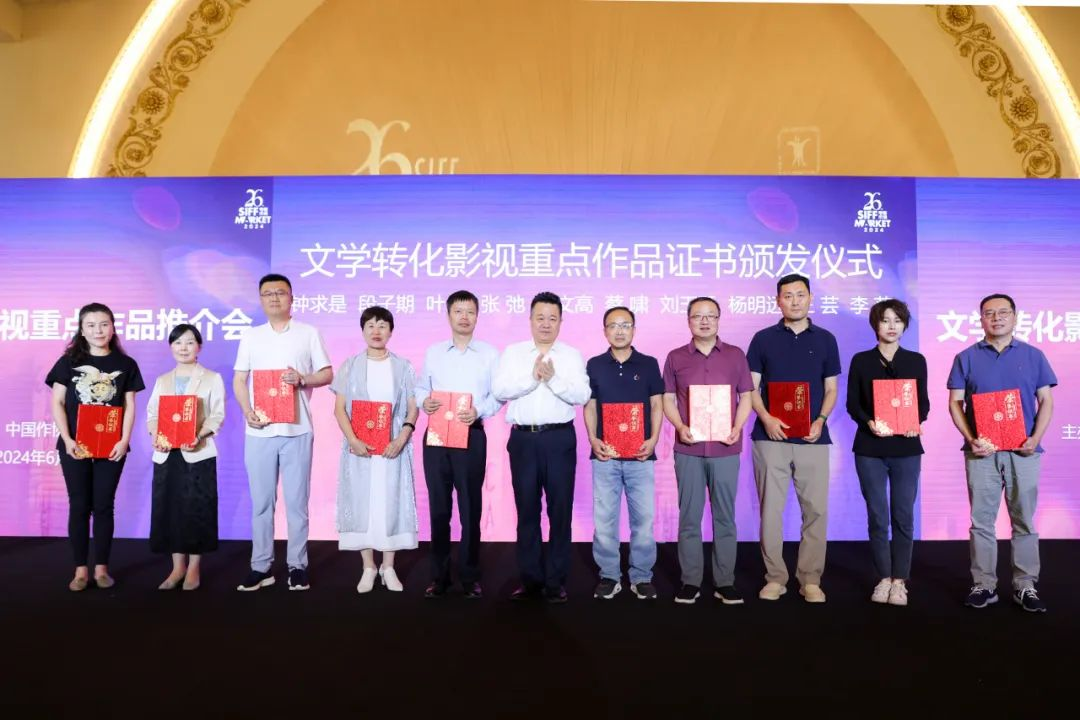
Yang Yang, Vice Chairman of the Shanghai Writers’ Association and former Vice President of the Shanghai Theatre Academy, delivered a keynote speech. He likened the relationship between cinema and literature to a relay race, where literature brings forth the imagination and film perfects it. The opening film of this year's SIFF, a dance drama adapted into the movie RED RADIO OVER SHANGHAI, serves as a prime example of this dynamic.

Yu Fei, Vice President of the China Film and Literature Association and a screenwriter, reminisced about the explosion of major IPs in 2017 and the subsequent flurry of copyright transactions. He noted that after the broadcast of A LIFELONG JOURNEY, the enthusiasm for adapting novels by traditional authors increased, but the current task is to "de-stock".
Literature and film, as two closely interconnected art forms, often inspire more creative ideas and artistic sparks through their interactions and collisions. During the roundtable talk, six guests discussed the current state and future possibilities of adapting literature for film and television under the theme "Marveled at the Thunderstorms, While Appreciating Blossoms Shanghai in the Lifelong Journey".
Moderator Li Xiaodong, Director of the Social Contact Department of the China Writers Association, highlighted: "BLOSSOMS SHANGHAI and A LIFELONG JOURNEY are two Mao Dun Literature Prize-winning works adapted into hit TV dramas. One portrays Shanghai and the other the Northeast—divided by geography and different industries, yet both have become contemporary classics of literary adaptation for film and television.

Writer and screenwriter Hai Fei emphasizes the importance of honesty in storytelling: "The best way to tell a story is with honesty. Regarding the creation of IPs and the writing of novels, how can these two elements progress together? How can adaptations maintain literary quality? I've always believed that the literary value of a story isn't just about the language but about the narrative itself, as many stories inherently possess literary quality. Novels are akin to scaffolding; once the film is complete, the scaffolding is removed."
Liu Jianwei, President of the China Written Works Copyright Society and former head of the August First Film Studio, defines literary quality as authenticity: "Literary quality is about authenticity, about realistically and uniquely interpreting the universal themes of life and death, joy and sorrow. Authenticity brings literary depth, which is crucial in both literature and film. We must return to what is real to interpret life—that is the essence of literary quality. Literature is the mother of all arts, and it takes precedence."
Cai Jun, a member of the national committee of the China Writers Association and a writer, screenwriter, and director, believes there are two types of works suitable for adaptation: "First, those whose textual structure is conducive to film or TV adaptation. Second, those that offer a possibility for a new textual expression despite the challenges of adaptation. We know that all our film and television works often deviate significantly from the original during the adaptation process."
Zhong Qiushi, Vice Chairman of the Zhejiang Writers Association and former chief editor of Jiang Nan Magazine, reflects on the role of literature in modern society: "Today, most people are absorbed in the fragmented information on their smartphones. As China's economy rapidly develops, is our nation's spiritual growth keeping pace? I believe literature and novels are necessary because audiences need to be cultivated. Beyond lighter, pleasurable works, we need to pursue literary and artistic excellence to foster an appreciation for literary depth and an inner spiritual world. The transition from literary works to film requires a true understanding of literary content."
Yang Rui, Associate Professor of Literature at Beijing Film Academy and head of the Film Script Research Office, discusses the enduring value of classic literary works: "Why do we have so much confidence in classic literary works and their cinematic adaptations? Because they offer something beyond the superficial bubbles of our time, providing eternal solace for our souls. What is this thing? It is the root within ourselves."
Zhou Jiandong, Vice Chairman of the China Film Producers' Association and former Deputy Director of the Film Bureau of the State Administration of Press, Publication, Radio, Film, and Television, stresses the importance of respecting the artistic nature of film when adapting literature: "Adapting literary works into films must respect the artistic, creative, and market categorizations of cinema. Not every novel can be turned into a film, nor can all achieve good market performance or audience approval. The genre is crucial when turning literary works into feature films, short films, or documentaries."
02
Film & TV IP Development Conference :
"Tomorrow’s Rainbow: Do Filmmakers Dream of Cyberpunk?"
A Focus on Sci-Fi in Film and Literature
The global film industry, driven by technological advancements, is witnessing a revolution in sci-fi cinema. With the quality of domestic sci-fi films and television continually rising, they are setting new standards for innovation and technological prowess in national cinema. This dynamic has sparked deep reflections within the industry on the fusion of technology and future trends.
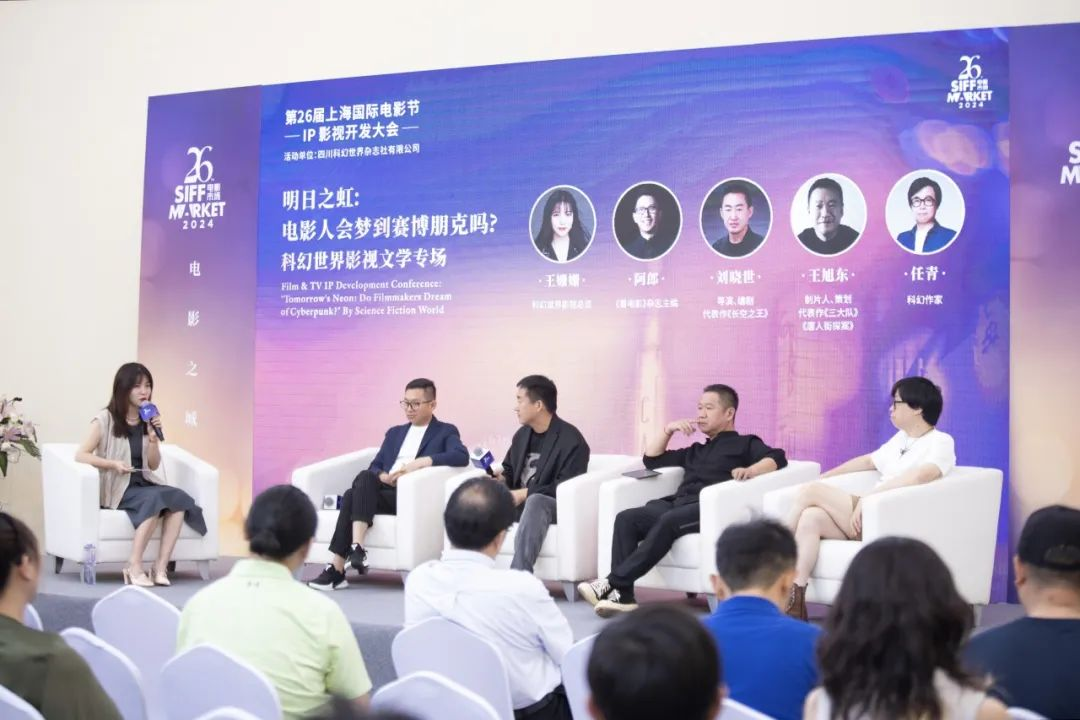
At this year's Shanghai International Film Festival market, the special session titled "Tomorrow's Rainbow: Do Filmmakers Dream of Cyberpunk?" showcased four Chinese-language sci-fi novels ripe for screen adaptation: "Night Circuit", "Terracotta", "Infinite Punishment", and "Let the White Deer Pass". The event brought together director Liu Xiaoshi, film planner & producer Wang Xudong, and editor-in-chief of “Movie View” Alang and science fiction writer Ren Qing to explore the cutting-edge of Chinese sci-fi cinema, providing new insights into the field.

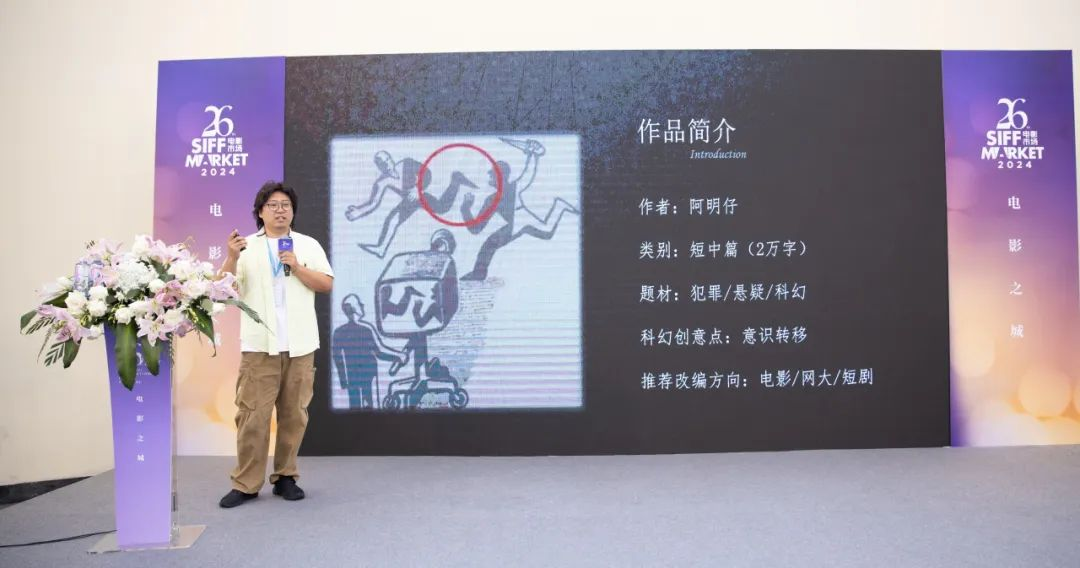
The session was chaired by Wang Shanshan, Director of Sci-Fi World. She led a vibrant discussion with four industry experts about the roots of cyberpunk, its cultural implications, artistic innovations, cinematic portrayals, and its trajectory into the future.
Liu Xiaoshi, Director and Screenwriter: "Cyberpunk resonates deeply with young people and sci-fi enthusiasts because of its underlying philosophical themes, which reflect the intersection of contemporary technological and artistic developments. Each individual is prompted to contemplate their own existence. Take 'Blade Runner 2049' for example—its appeal lies in how it centers a cyberpunk narrative around the destiny of a single human being, showcasing the versatility and allure of the cyberpunk genre."
Ren Qing, Sci-Fi Writer: "Future cyberpunk novels will undoubtedly stem from personal human experiences, depicting individual perceptions of the world on a micro-scale that reveals broader societal changes. In the context of contemporary China, where discussions about technology's role in human relationships are prevalent, cyberpunk can offer a framework for reflecting on humanity‘s interaction with nature and the environment."
Alang, Editor-in-Chief of "Movie View" Magazine: "Cyberpunk often focuses on the fringes of society, the outcasts and those from other worlds. As it has evolved, many descriptors have been attached to it unnecessarily. Historically, its aesthetic could have been symbolized by something as ordinary as a Harley-Davidson or a rock guitar, but today, it's represented by cyberpunk themes because our technological landscape has evolved to this point."
Wang Xudong, Film Critic and Producer: "Cyberpunk opens up a realm of possibilities. The real challenge in fostering cyberpunk talent lies not in the scriptwriting but in translating these narratives to the screen. When a novelist sets out to craft a cyberpunk story, they should collaborate closely with planners, directors, and screenwriters to ensure the story is built with a cinematic adaptation in mind. Additionally, we need to cultivate a new generation of directors who specialize in the cyberpunk genre within the sci-fi film sector."
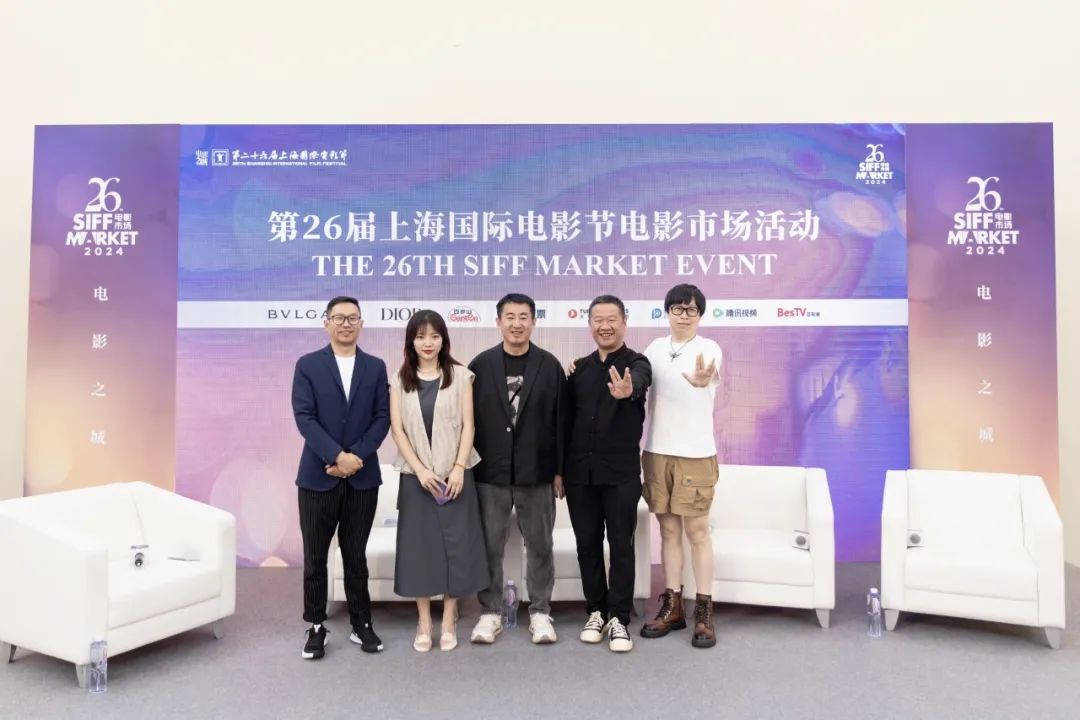
The "Film & TV IP Development Conference" series is more than just an industry event; it's a cross-disciplinary celebration that aims to kindle the creative energies of both the literary and cinematic worlds, paving the way for innovative developments in IP film and TV adaptation.
